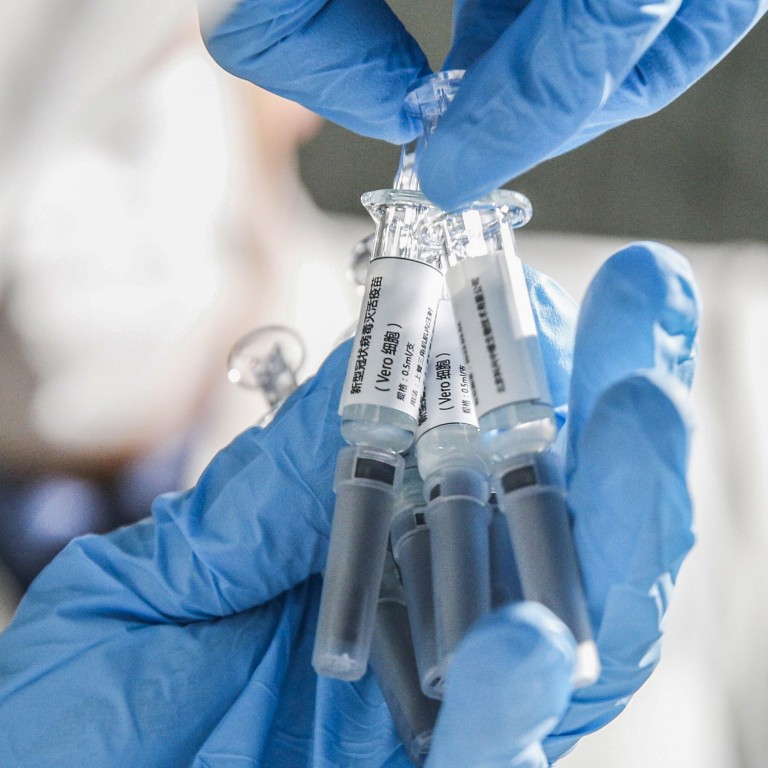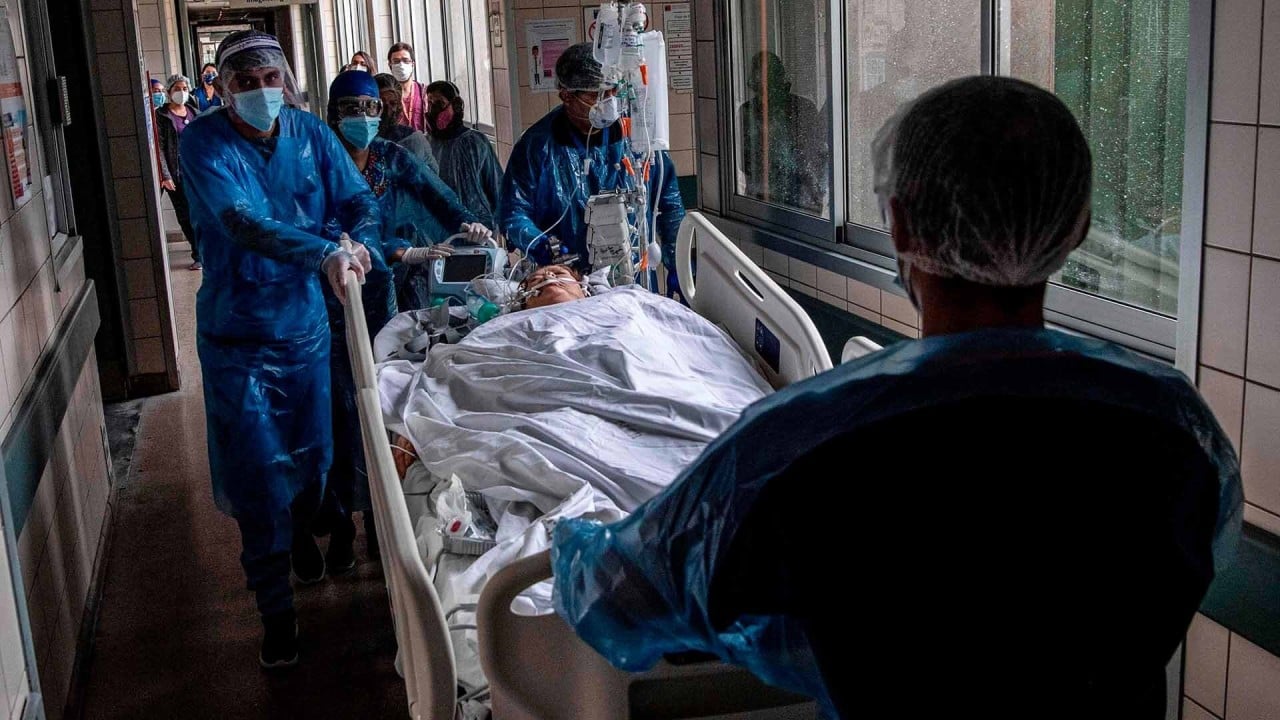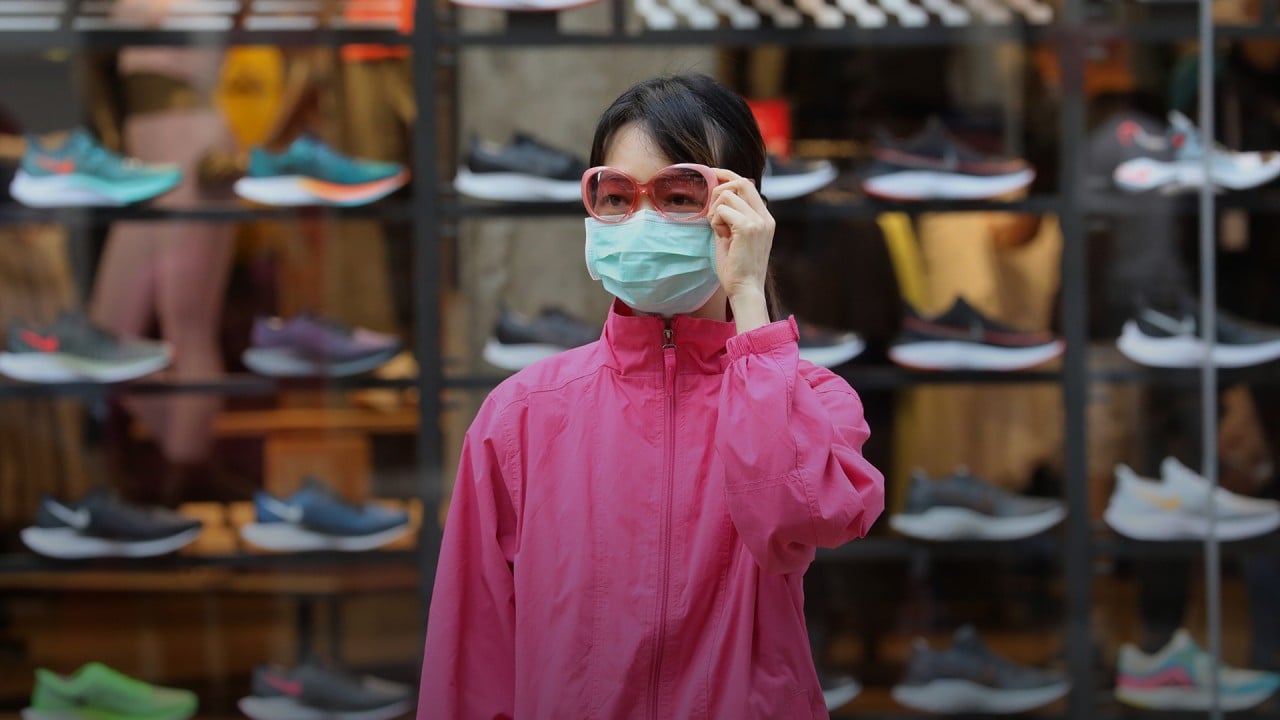
Coronavirus: Chinese scientists engineer protein in universal vaccine quest
- Researchers from the Chinese CDC say the approach has had positive results in animal tests, ramping up the production of antibodies
- Vaccine framework could be useful against a range of pathogens, including Mers, team says
“The framework of immunogen design can be universally applied to other betacoronavirus vaccines to counter emerging threats,” the researchers led by George Fu Gao, director of the Chinese Centre for Disease Control and Prevention, said in the paper.
Human trials of the vaccine started earlier this month with approval from the National Medical Products Administration, according to the Chinese Academy of Sciences’ Institute of Microbiology, which also took part in the research.

02:45
Global Covid-19 death toll hits 500,000 as coronavirus infections surge past 10 million
Test production has also been completed at a pharmaceutical plant in Hefei, Anhui province.
“The highly scalable production … strongly suggested the feasibility to meet the vaccine demands worldwide,” the paper said.
More than 200 vaccines are under development around the world to fight the Covid-19 pandemic. Some projects have entered clinical trials but there is mounting evidence that patients with mild or no symptoms might not be able to generate enough antibodies, and those who did tended to lose the antibodies quickly.
China’s consumption upgrade hits coronavirus hurdle amid slowdown
Gao’s team created a protein with two – rather than the usual one – receptor binding domains (RBD) that are usually found on the coronavirus’s spike protein, which binds with the membrane of human cells.
They injected the protein into mice and monkeys, and infected the animal subjects with Mers and Sars-CoV-2, the virus that causes Covid-19. The result was 10 to 100 times the amount of antibodies generated by a conventional shot.

05:55
What if Covid-19 is here to stay? Why we may need to prepare for the coronavirus becoming endemic
The researchers said this type of vaccine could be useful against a range of coronaviruses and the protein could be produced on a mass scale on a range of biological platforms, including genetically engineered yeast and insect cells.
But there are still many unknowns about the approach, according to Wang Xinquan, professor of life sciences at Tsinghua University. Wang was not involved in the study but flagged the potential of the double structure in the fight against Covid-19 in a paper published in the journal Nature in March.
Fate of many economic sectors, firms is in the hands of governments
Wang said Gao’s work could be “a step ahead of theory”, but many vaccines that fell perfectly in line with existing theories failed to produce good results in clinical trials.
“A vaccine may work very well and we don’t know exactly why,” he said.
The vaccine candidate developed jointly by a team at the Academy of Military Medical Sciences and Tianjin-based company CanSino Biologics has been through two phases of clinical trials.
But Wu Zunyou, chief epidemiologist at the China CDC, warned on Monday that a vaccine might not be a panacea.
Wu said that none of the vaccines under development around the world was ready for mass civilian use and protection from a vaccine might just last a few months.
“The vaccine cannot solve all the problems,” Wu said.

